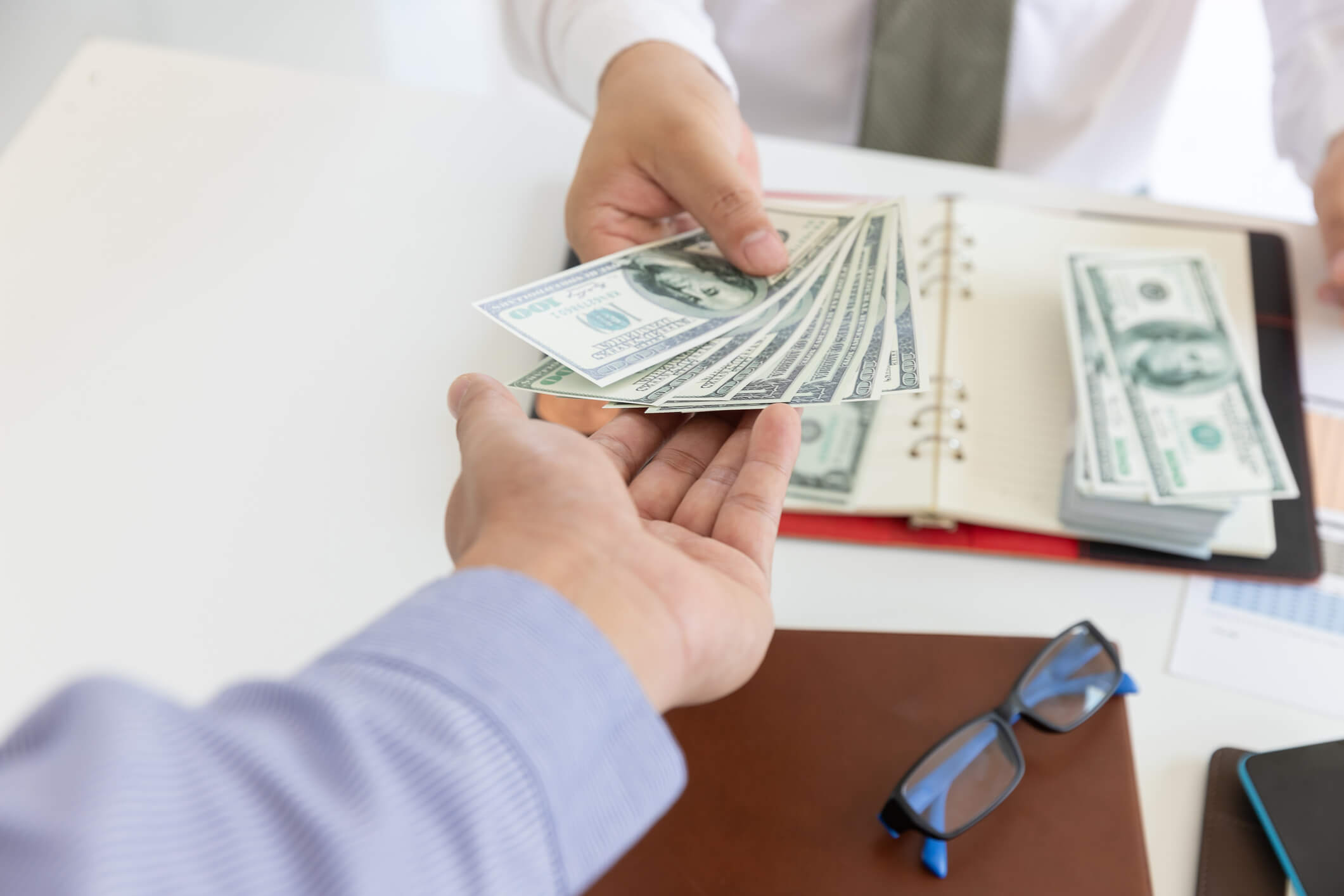 The particular forms of debt that can be discharged in bankruptcy are a topic of much debate. Credit card debt and some other types of debt are frequently dischargeable. The collateral (in this case, the car) must be given up in order for other forms of loans, like a secured auto loan, to be dischargeable.
The particular forms of debt that can be discharged in bankruptcy are a topic of much debate. Credit card debt and some other types of debt are frequently dischargeable. The collateral (in this case, the car) must be given up in order for other forms of loans, like a secured auto loan, to be dischargeable.
Personal loans can be secured or unsecured, and Chapter 7 bankruptcy cases treat the two loan kinds differently. Read on to learn more and then contact Law Offices of Terrence Fantauzzi at (909) 552-1238 for a bankruptcy consultation.
Personal Loans under Chapter 7
In general, personal loans are dischargeable in a Chapter 7 bankruptcy. This includes unsecured loans from banks, quick loans, loans with a signature from lenders like Oportun and Personify, and personal loans from family and friends.
It’s crucial to understand that the status of a personal loan is irrelevant if it is unsecured and dischargeable. Regardless of whether the debt is current, past due, or in default, it will be dischargeable. Whether the debt is still with the original creditor, has been turned over to a third party collection agency, or has been sold to a debt buyer, it will be dischargeable. If the debt is dischargeable, it will stay dischargeable notwithstanding the filing of a lawsuit, the entry of a judgment, and even the garnishment of your earnings.
Secured Loans Aren’t Dischargeable Unless the Collateral Is Given Up
With a secured loan, the lender acquires a security interest in some sort of asset. Automobile loans and mortgage loans are the two most popular secured loan kinds. The lender typically takes a lien on the automobile or truck to secure the loan when you finance the purchase of a car or truck.
The lien agreement often gives the lender the right to repossess the car after a predetermined number of days of loan default. In some circumstances, if the payment is even a day late, the lender retains the right to reclaim the vehicle. Bankruptcy can release you from your personal obligation to pay the loan, but if you want to keep the car, it won’t help you. You have to pay for the car or give it back because the debt is secured by it.
What if Chapter 7 Is Ineffective?
Chapter 7 bankruptcy is frequently the quickest, simplest, and least expensive way to pay off personal loans and other kinds of unsecured debt, including credit card debt, past-due utility bills, and medical costs. Chapter 7 bankruptcy is designed in large part to erase unsecured debt.
But Chapter 7 bankruptcy may not be right for you. Some people decide against Chapter 7 because they have assets that won’t be covered by bankruptcy exemptions or because they make too much money to qualify.
A Chapter 13 bankruptcy plan’s treatment of unsecured loans will vary depending on factors like your income and total debt load. In some Chapter 13 bankruptcy proceedings, the bankruptcy petitioner pays all unsecured debt in full, but over time and without incurring collection costs, late fees, or other unforeseen costs.
In other situations, the person filing for bankruptcy won’t pay any of the unsecured debt, and when the plan is effectively carried out, that obligation will be erased. Still other Chapter 13 filers discharge the remainder of their unsecured debt after paying a portion of it under the Chapter 13 plan.
Unsecured personal debts can be totally forgiven, fully repaid, or partially repaid and partially discharged, to put it briefly. You can contact Law Offices of Terrence Fantauzzi at (909) 552-1238 if you are thinking of filing bankruptcy and require a free bankruptcy consultation.
